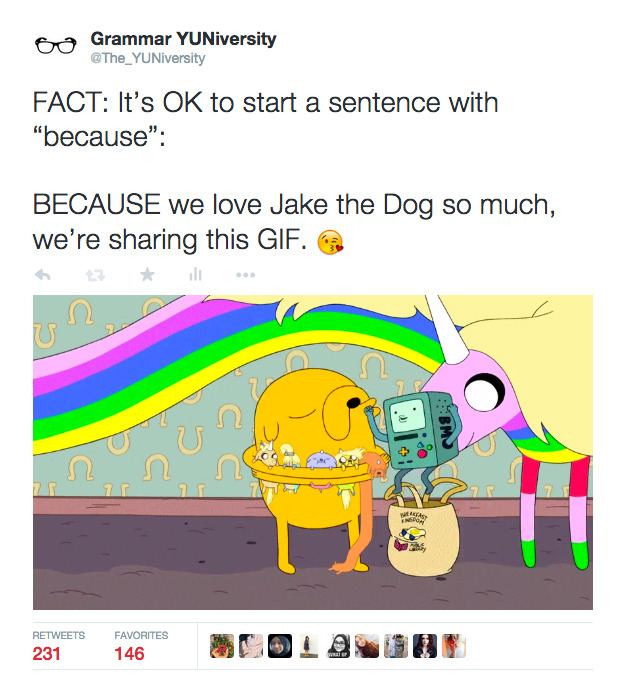今次開始一個新的系列,叫電影學英文系列。很多人用過電影學英文這手法教和學英文。的確,看電影學英文有很多好處,例如可以學到真正地道的英文(在今日介紹的這套電影,尤其是粗口),又可吸收不同的詞彙,另外也學到寫英文的結構。今次介紹的這齣戲,我會從詞彙角度看教它供我們學到的英文知識。我會從IMDB上描寫的情節的先後次序提及出現的值得留意的10個詞彙。
IMDB這樣描述電影第一幕:"In the opening scene, US Navy SEAL sniper Chris Kyle (Bradley Cooper) is perched on a rooftop, scoping out the path of a US military convoy through his sniper rifle."perched 作不及物動詞是解作「坐在」,例如: We perched on the rock. 但這句的perched是被動式,是及物動詞,有點它解作「使....位於高處」,he is perched on a rooftop是他被置身於屋頂上.scope out指「仔細觀察」。情節跟著是:. The man disappears from the rooftop and a few moments later, a woman and a young boy appear in the doorway of the same building and walk toward the convoy. 這句出現convoy這個字。原來convoy是車隊,尤指護衛車隊。
電影下一幕是男主角的少年故事。IMDB有一句: His father reprimands him for treating his gun cavalierly. repirmand是責備、訓斥,留意英國讀音是 /ˈrep.rɪ.mɑːnd/,美式是 /ˈrep.rə.mænd/,cavalierly是cavalier的副詞,是「漫不經心地」。然後是點題的對白:In the next scene, seated at the family's dinner table, Chris' father tells the boys that there are three kinds of people in the world - sheep, wolves and sheepdogs. Sheep don't believe that there is evil in the world, wolves are predators who commit evil, and sheepdogs are blessed with the aggression and bravery to protect the world from evil. The speech clearly makes an impact on Chris.這段對白沒有甚麼難字,但很有意思。值得一提是最後一句用了makes an impact on,The speech clearly makes an impact on Chris是解「那演講深深影響了Chris」。
電影下一幕是男主角長大了與弟弟的故事:Years later, Chris is competing in rodeos with his younger brother traveling alongside him. rodeo是北美的牛仔競技表演,很有美國地道色彩的名詞。男主角表演完與弟弟回家時發現自己被戴綠帽,其實這幕有點不太合邏輯,明明是女朋友自己不忠,卻去駡男友失敗:She complains that he abandons her every weekend to go to rodeos, believing himself to be a cowboy when he's just a failed farmer.她說男主角是failed farmer.
電影再講他接受海豹特擊隊的訓練: Kyle goes through the rigorous training process, which includes being blasted with a powerful hose while exercising。rigorous是嚴密的、嚴格的,另外blast是爆破,因為男主解被長官用水喉射住。
電影這個時候就接回第一幕他在戰場上的情況:The film cuts back to the opening scene and Kyle watches the woman hand the grenade off to the young boy.grenade(讀/ɡrəˈneɪd/)是手榴彈。戰場上有人交了美軍想找的名字給他們:Kyle has the name checked out, which turns out to be useful intelligence, so they prepare to bring the cash to the man.這句的intelligence不是智彗,雖然都是不可數名詞,但這裡解「情報」,所以美國的CIA是Central Intelligence Agency。
重溫今日介紹的較有機會在寫作中用到的十個生字:perched, scope out, convoy, reprimand, make an impact on, rodeo, failed, rigorous, blast, grenade, intelligence.

